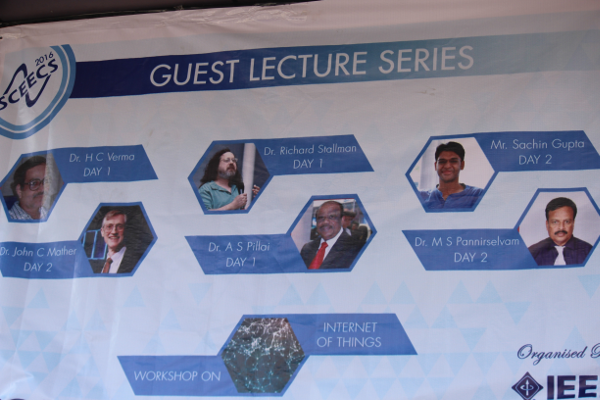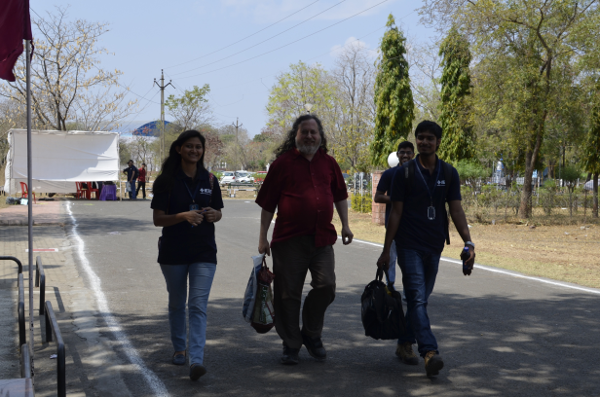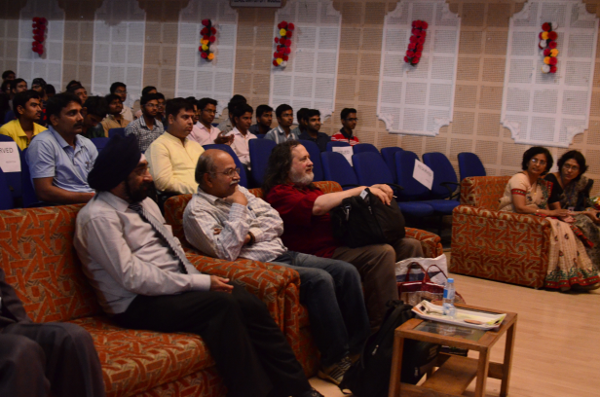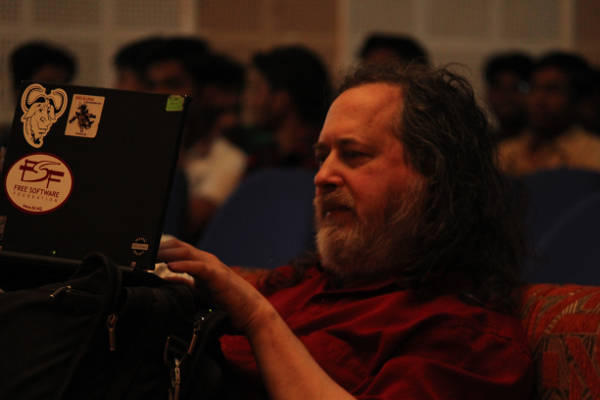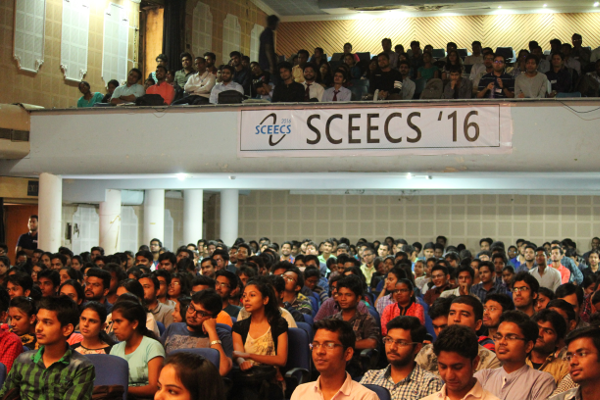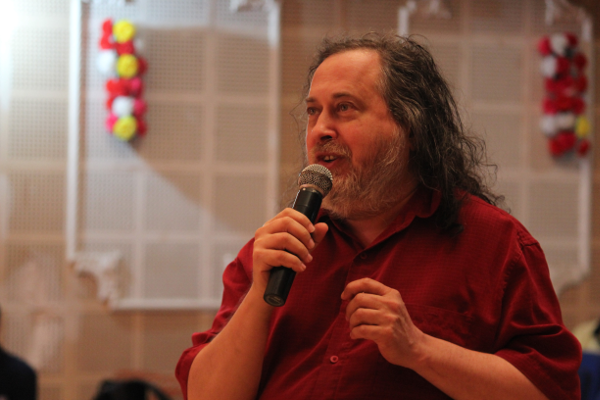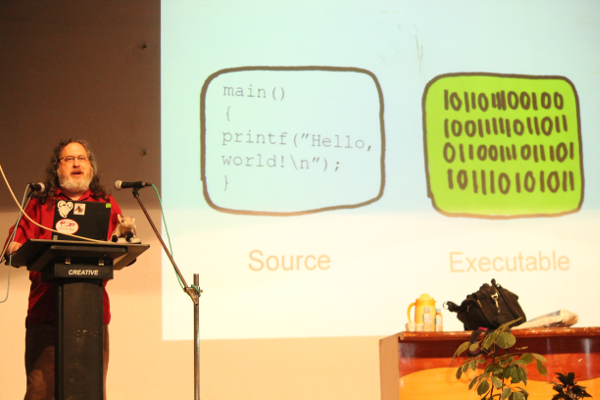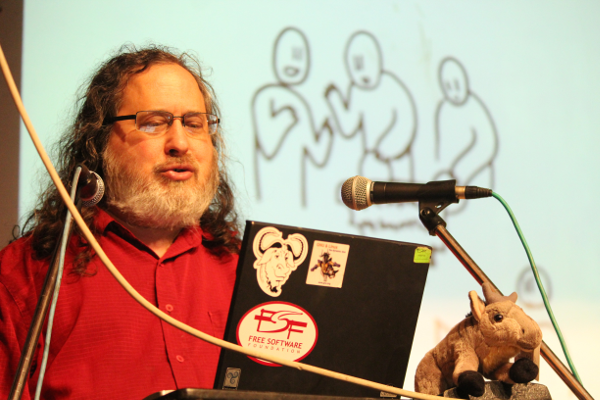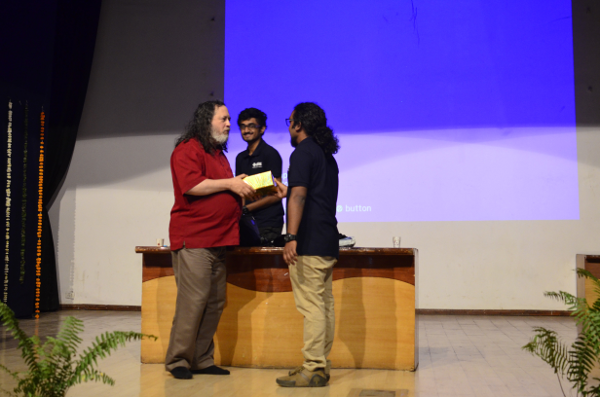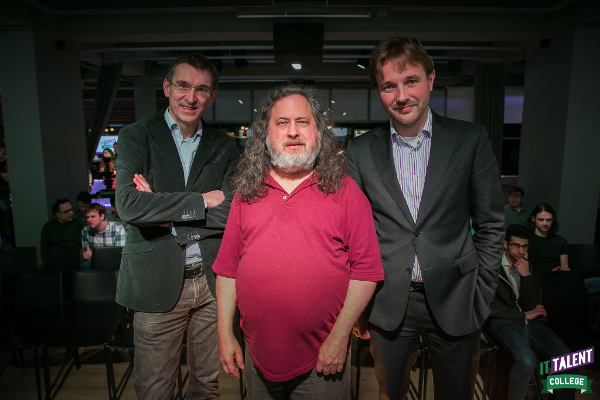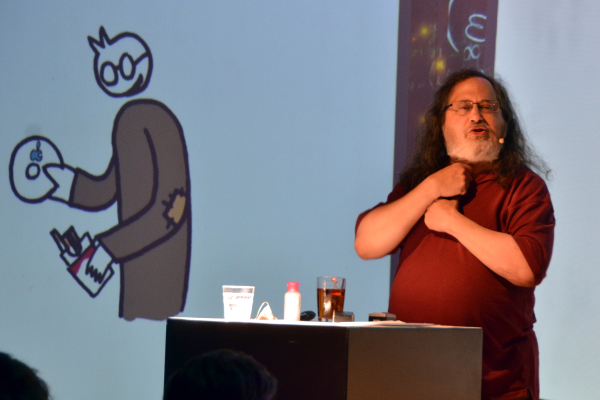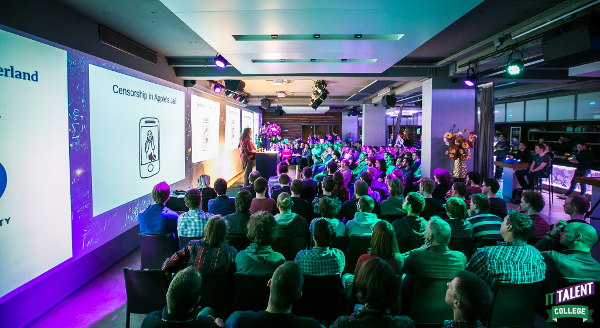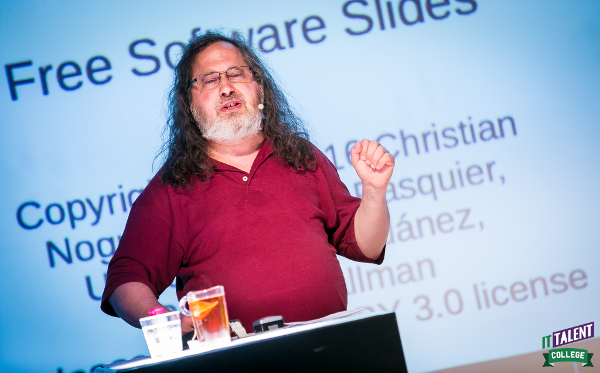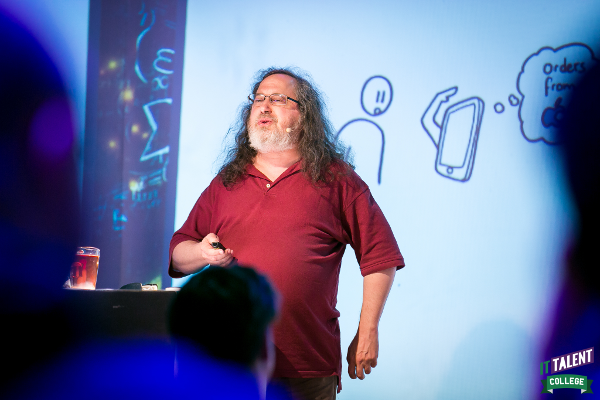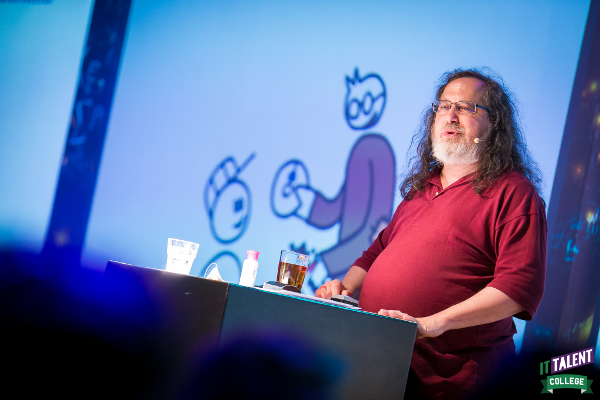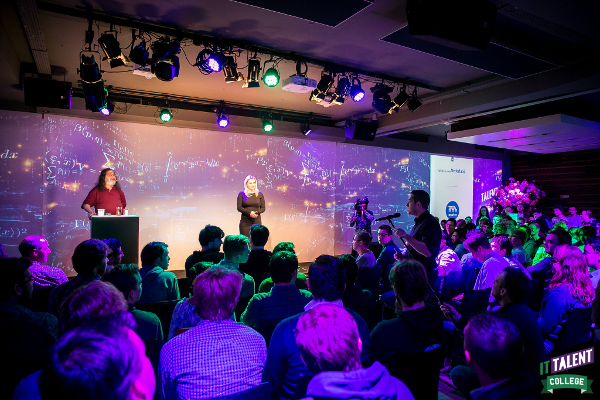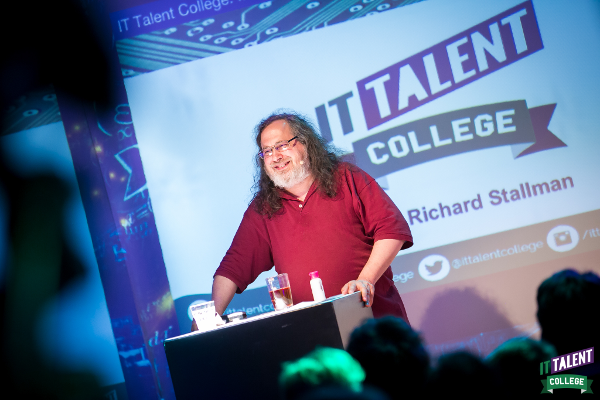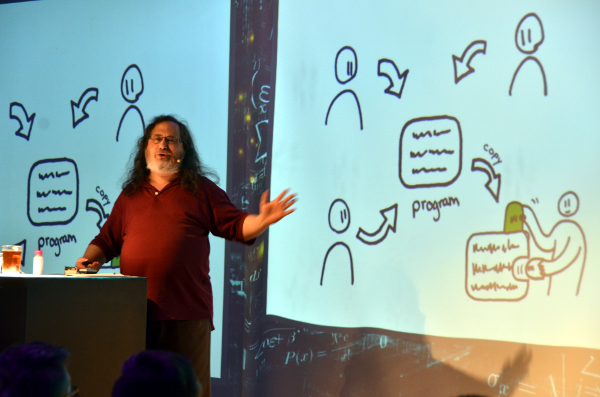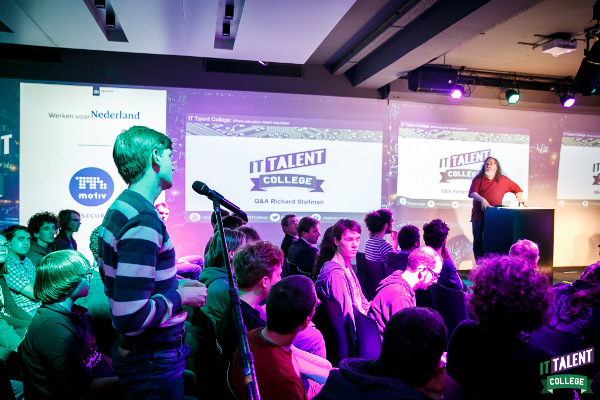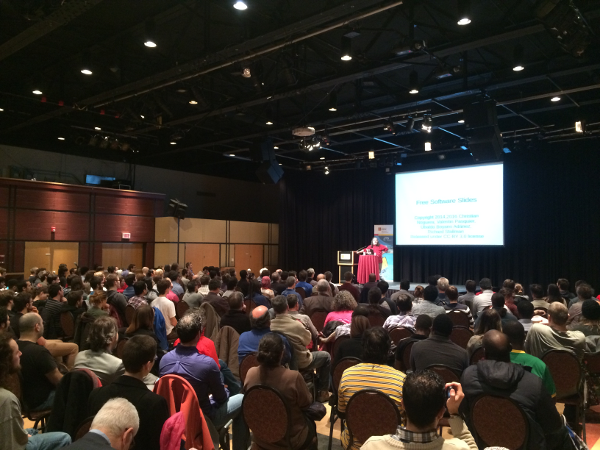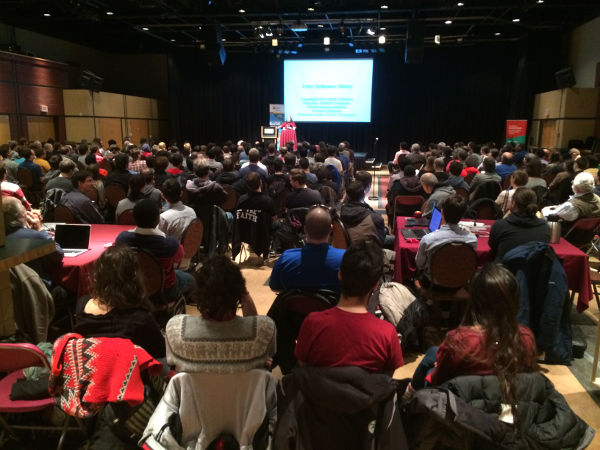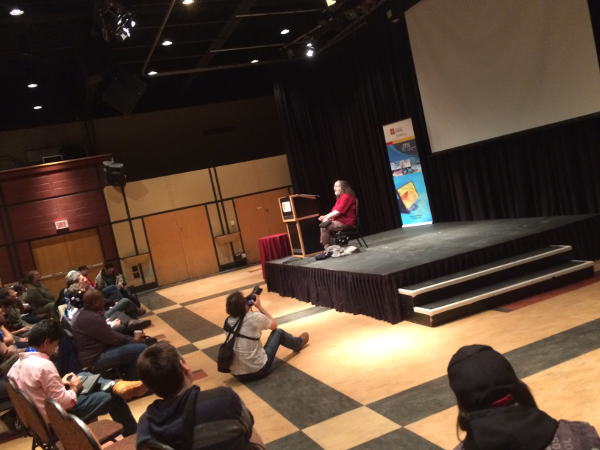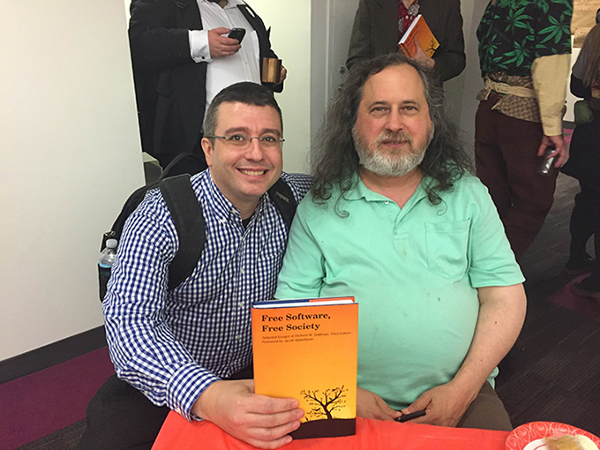
Tell us a bit about yourself
I'm Matt Lee, I live in Austin, Texas where I'm the Technical Lead at
Creative Commons. Away from Creative Commons and free software, I'm
making a movie -- Orang-U: An Ape Goes To College -- edited with free
software and released under a Creative Commons Attribution-ShareAlike
license.
What inspired the creation of GNU Social?
GNU social was created as a companion to my earlier project, GNU FM,
which we created to build the social music platform, Libre.fm. After
only a few short months, Libre.fm had over 20,000 users and I realized
I didn't want to be another social media silo like MySpace or
Facebook, so I came up with this vague idea called GNU social. A few
prototypes were built, and eventually we started making GNU social as
a series of plugins for Evan Prodromou's StatusNet project, with some
help from Ian Denhardt, Craig Andrews and Steven DuBois. Later,
StatusNet, GNU social and Free&Social (a fork of StatusNet) would
merge into a single project called GNU social. If that sounds
confusing and convoluted, it is.
How are people using it?
People are using GNU social in three distinct ways:
-
Running a private community that shares messages within the site
itself, but not outside the site. Businesses are using it this way
too, running internal communications tools.
-
Running as a way to distribute messages to a wider circle, including
sites like Twitter and Facebook.
-
Running as part of a global federated social network that is
primarily focused on internal free software community discussion,
but has wider discussions too.
Most people are using it in a variety of ways. I believe the FSF uses
it to do many of those jobs.
What features do you think really sets GNU social apart from similar software?
I'm always keen to emphasize that I see GNU social as a social media
framework, rather than a network itself. That's why I write social in
lowercase -- we're not a product, we're a tool, like
GNU Bash or
Grep. The networks that form are
a result of the communities' usages of the tool, and people are free
to run their own federated networks and not talk to the existing users
of the free software community network.
Why did you choose the AGPLv3 as the license for your code?
We chose the GNU Affero GPL because it was the license we were using
for GNU FM, and it was the license StatusNet was using, and I'd used
it before in a previous social networking project called MyExperiment
that I'd worked on at the University of Manchester back in 2007. In
fact, you can see that
the very first group on the site is a GNU group.
How can users (technical or otherwise) help contribute to GNU Social?
One great way to contribute to GNU social is to install it and run it.
You can get some cheap hosting from a variety of places and run your
own GNU social server. You just need PHP and MySQL, which is a very
minimal requirement for running a Web site. It's important to me that
free software projects are easy to set up and install, even by curious
new users. WordPress is an example of a project that gets this right,
and sadly virtually every other free software Web application gets
this wrong. GNU social gets this mostly right, but certainly helping
to improve the installer would be a great way to get involved in
helping with code. Documentation is also lacking in a lot of areas.
What's the next big thing for GNU Social?
The next big thing for GNU social would be a release. I'd like to see
a release, there's
some work being done from the first GNU social camp in Europe
and I have some interesting art related ideas for GNU social in the
near future. My own attention, for the rest of the year, is focused on
editing and releasing a monkey movie.
If you're interested in GNU social, please visit
https://gnu.io/social -- install it, send bugs to us to fix, talk to
people in the community once you have your GNU social site installed,
or if you have any questions for me, email is
always welcome.
Enjoy this interview? Check out our previous entry in this series,
featuring
Michael Zahniser of Endless Sky.
